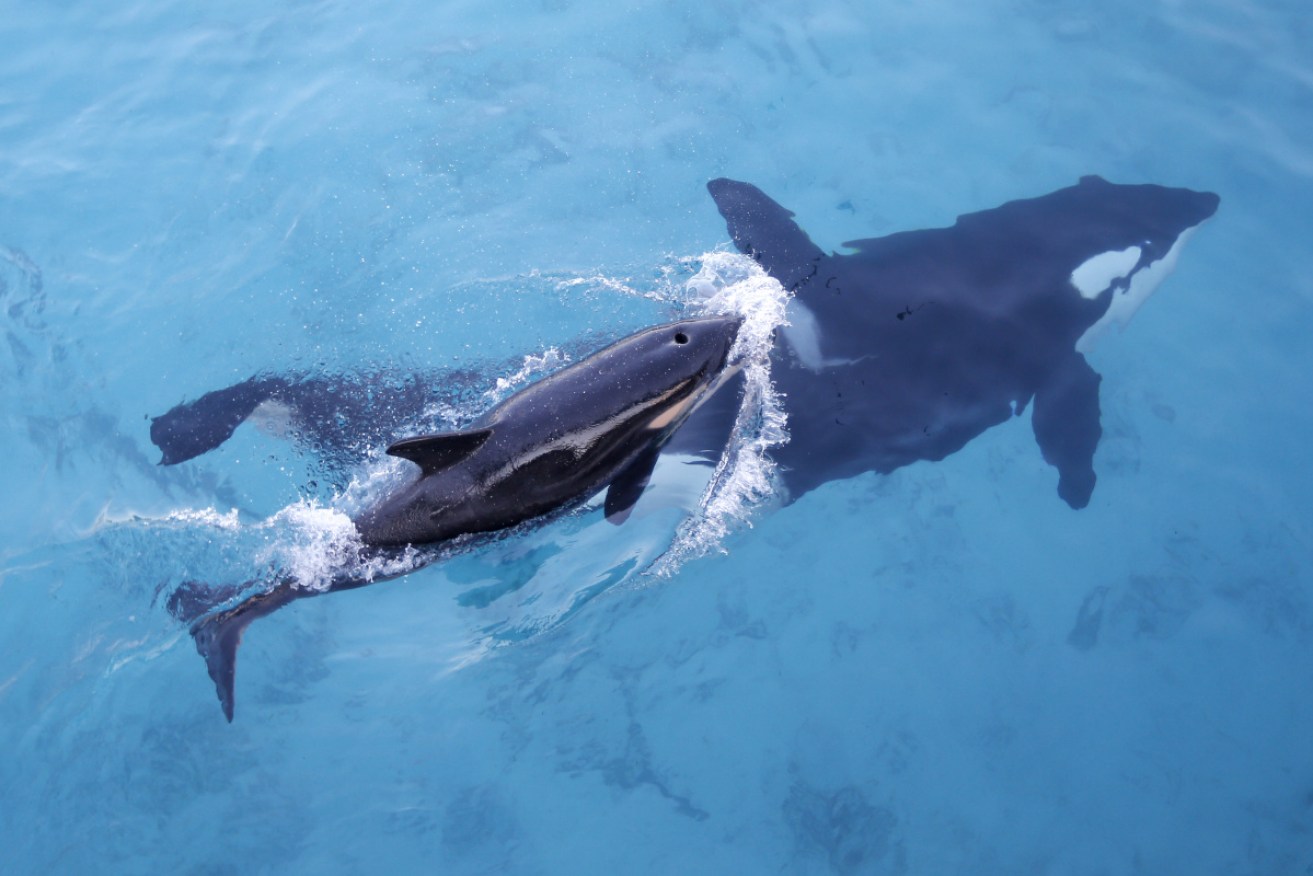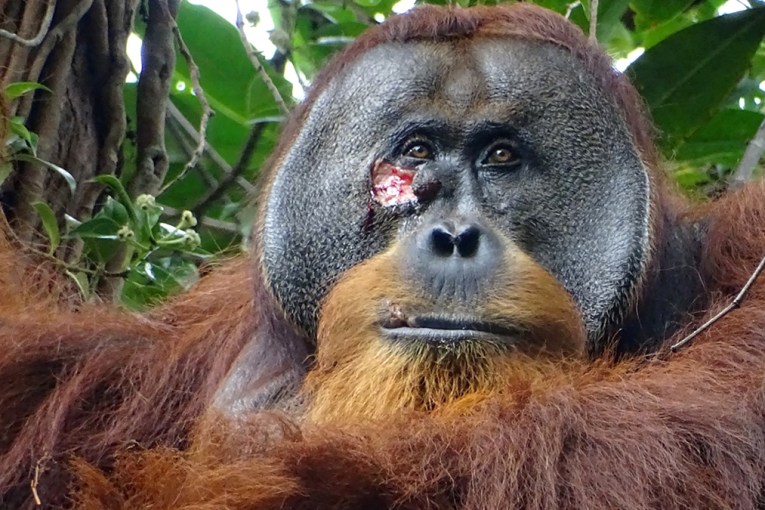Why menopausal killer whale grandmothers are vital for survival of the species


Grandmother killer whales were found to have the most impact on a pod's survival. Photo: Getty
Killer whales have been found to share “the grandmother effect” that humans experience – where menopausal grandmothers have a significantly beneficial effect on the reproductive success of her children and the survival of her grandchildren.
The grandmother effect is thought to explain why mammals continue to live a long time after becoming infertile.
A new study from the University of York found that killer whale “grandmothers who were no longer able to reproduce had the biggest beneficial impact on the survival chances of their grand-offspring”.
In practical terms, grandmothers can draw on knowledge of alternative hunting grounds in times of food scarcity.
According to a university statement, previous research has shown that post-reproductive female killer whales are the most knowledgeable and provide an important leadership role for the group when foraging in salmon grounds.
And because they don’t have offspring to tend to, they’re free to invest in their grandchildren and the welfare of the family group at large.
This means the grandmothers benefit from what’s called “inclusive fitness”, an evolutionary term that refers to the ability of an individual to pass on its genes to the next generation, taking into account the shared genes passed on by the individual’s close relatives.
Senior author of the study, Dr Daniel Franks from the Department of Biology, at the University of York, said: “The study suggests that breeding grandmothers are not able to provide the same level of support as grandmothers who no longer breed.
This means that the evolution of menopause has increased a grandmother’s capacity to help her grand-offspring.
“The death of a post-menopausal grandmother can have important repercussions for her family group, and this could prove to be an important consideration when assessing the future of these populations.
“As salmon populations continue to decline, grandmothers are likely to become even more important in these killer whale populations.”
The study involved an international research team from the universities of York and Exeter (UK), the Centre for Whale Research (USA) and Fisheries and Oceans Canada.
The scientists analysed 36 years of data gathered by the Centre for Whale Research and Fisheries and Oceans Canada on two populations of resident killer whales that lived off the Northwest Pacific Coast of Canada and the US and feed on Chinook salmon.
In resident killer whales, both sons and daughters stay with their mothers for life, but they mate with individuals from a different family group.
Male killer whales typically have a shorter lifespan than females, with many not surviving beyond 30 years.
Females usually stop reproducing in their 30s to 40s, but just like humans they can live for many decades following menopause.
Lead author, Dr Stuart Nattrass, from the University of York, added: “The findings help to explain factors that are driving the whales’ survival and reproductive success, which is essential information given that the southern resident killer whales – one of the whale populations under study – is listed as endangered and at risk of extinction.
“We suspect when breeding grandmothers are supporting their own calves, their movement and activity patterns are constrained and they are not able to provide support and leadership in the same way as post-menopausal females.
“Also, grandmothers with their own calves will be busy caring for their own calves, and be able to invest less in their grand-offspring, compared to post-menopausal grandmothers.”
The researchers are conducting observational studies with drones to directly study helping behaviour between family members.








